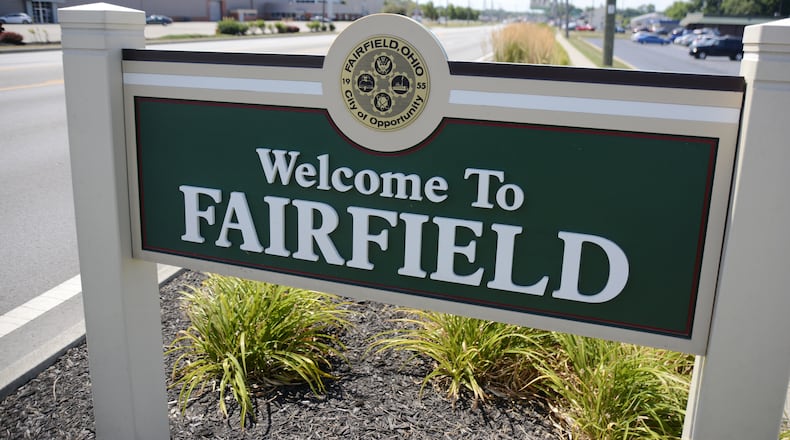Some argue this law is unfair because the workers at home are using services from their local municipality while their income taxes are going to the city where their company is based, which may not be the same.
Fairfield City Manager Mark Wendling said repealing this section of House Bill 197, which was approved this past spring, “has the potential to cost a substantial loss of revenue for the Fairfield, and the rest of Ohio’s municipalities, thus impacting our abilities to provide basic services.”
The city manager said the General Assembly recognized that risk “and sought to blunt this impact." The two Statehouse bills are opposed by the Ohio Mayors Alliance, which includes Fairfield, Middletown and Dayton.
“Making such a change would be exceedingly disruptive for cities, forcing income tax departments and agencies, as well as employers, to retroactively recalculate payrolls and withholdings, and in some instances causing employees to owe more in local income taxes,” according to a report by John Clemmons, Fairfield’s law director.
The Greater Ohio Policy Center said the bills would cost Ohio’s six largest cities more than $300 million a year.
Ohio Sen. Kristina Roegner, R-Hudson, is the sponsor for Senate Bill 352, which has had one hearing in the Senate Local Government, Public Safety and Veteran Affairs Committee.
“It is time that the legislature begins to discuss how to remedy what has become an unfair reality resulting from what was intended to be a temporary provision,” Roegner wrote as part of her sponsor testimony of the bill. “The result of H.B. 197′s temporary fix is that Ohioans who are working from home are paying the same amount of taxes that they previously were to the city in which their company is located, but are increasingly utilizing the services of their residential city as they both live and now work at home.
"This is inherently unfair to workers' residential cities, as they are forced to bear increased costs with no increased proportion of revenue.”
Ohio Rep. Kris Jordan, R-Ostrander, introduced the companion bill, House Bill 754, but it has not yet been assigned to a committee.
Fairfield City Council voted unanimously two weeks ago to oppose the bills. According to Clemmons, if the bills are passed, the city’s income tax revenue would be slashed. Most of the city’s general fund budget — which had been cut due to the impact of the COVID-19 virus ― comes from the city’s income tax.
In June, City Council cut 3.8 percent, or $2.86 million, to its then-$75.6 million 2020 operating budget due to COVID-19. Those cuts resulted in a 4.7 percent cut to the general fund budget. The cuts eliminated most of the city’s parks programming and prevented the city from filling two open police officer positions.
Some on Fairfield City Council want to pass a temporary budget until April given the still-uncertain impact of the COVID-19 pandemic.
About the Author

